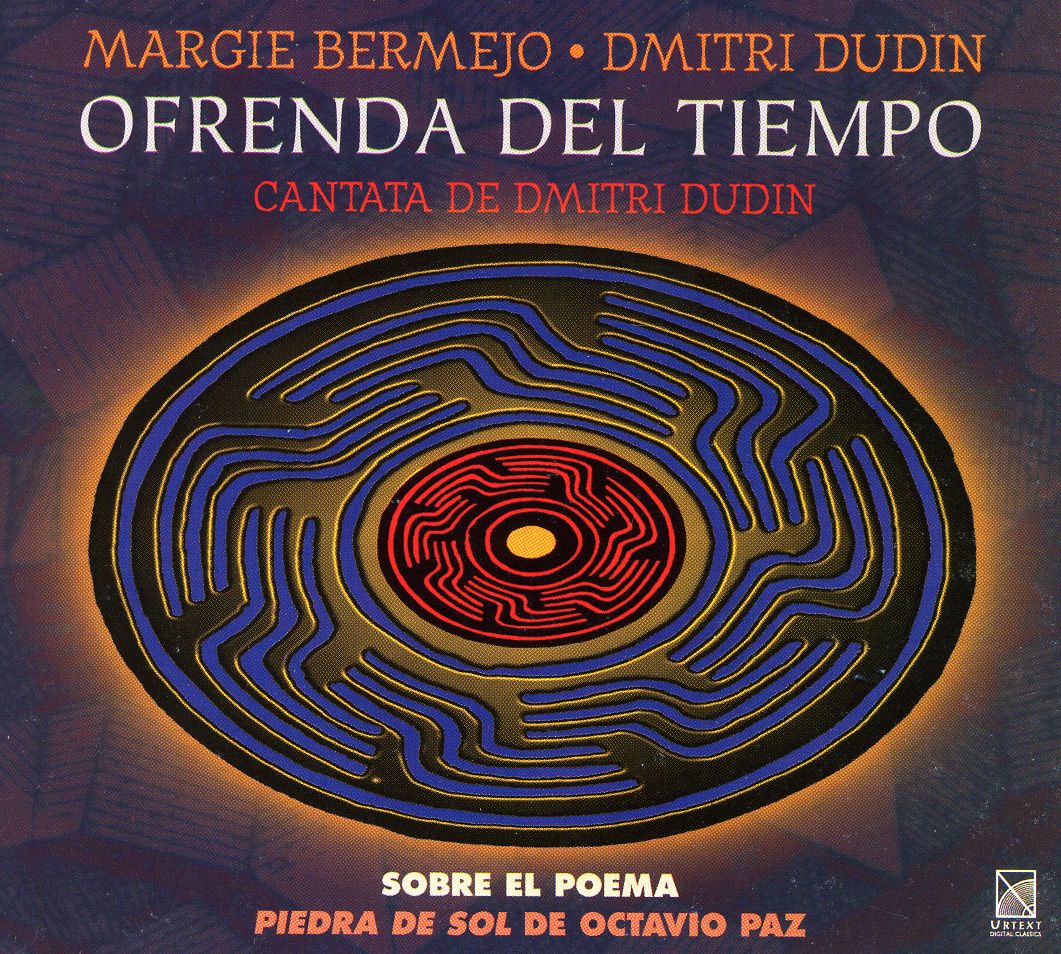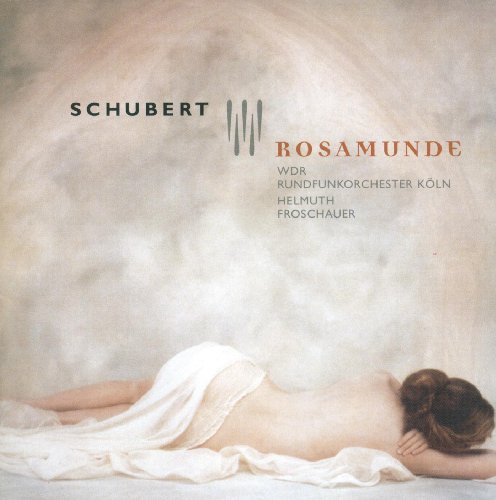
"Three or four families in a country village," wrote Jane Austen to a niece, "is the very thing to work on." This message from "Aunt Jane" is often understood as defining the breadth and depth of Pride and Prejudice, Sense and Sensibility, and the rest of her work. The appearance of narrowness and shallowness in her novels is prized by many readers, who find escapist charm in the mannerly courtship intrigues of Austen's rural gentry. Others share Charlotte Brontë's complaint that Austen's women and men are all "ladies and gentlemen," their concerns superficial, their happy endings guaranteed.
But does the sun always shine on a country village? And do those who dwell there cast no shadows? Julia Yost argues for seeing darkness in Austen's novels: the marriages that will not be happy, the heroes who are not heroic, a society that elevates the mediocre at the expense of the meritorious. Austen's wit notwithstanding, the shadow of mortality darkens with every novel until the author's own death at forty-one. She suffered under the same natural and social evils as her heroines, and a righteous hatred troubles her comedies. Yost reads Austen's six major novels and her unfinished last manuscript to show how she turned her protest into art.
"Hatred, slander, hypocrisy, isolation, cynicism: As Julia Yost shows, there's a great deal of moral darkness in Jane Austen novels. Marriage is an uncertain remedy; wealth and position bring their own perils. This eye-opening study is a must-read for Austen devotees."
-R. R. Reno, editor, First Things
T.S. Eliot once wrote that Jane Austen was a genius who should have stood among the guiding spirits of nineteenth century culture, but the culture elected for the decadence of Wordsworth, Keats, and Shelley to its cost. Even Eliot would have been surprised at Julia Yost's retelling of Austen's heart of darkness, which makes the great novelist of manners into an anticipation of Eliot's own disillusioned account of modern life as a waste land. If Alasdair MacIntyre once claimed Austen's work as a brilliant example of classical virtue ethics at work in the not-quite-modern age, there is also a Hobbesian side to Austen: the social conditions for human flourishing are narrow and, moreover, they are narrowing as modern commerce encroaches and returns more and more of society to the state of nature. Yost gives us a story of moral bankruptcy and collapse across all of Austen's novels, with Austen herself as a spiritual ascetic akin in some ways to Pascal. She comes not to praise with good humor English marriage and society, but to bury it, knowing that true goodness lies only in a land beyond the "blessed plot" of England.
-James Matthew Wilson
member goods
listens & views

LUCIA OF LAMMERMOOR (SUNG IN ...
by DONIZETTI / FUTRAL / RICE / CHAUNDY / PARRY / OPIE
COMPACT DISC$24.49






